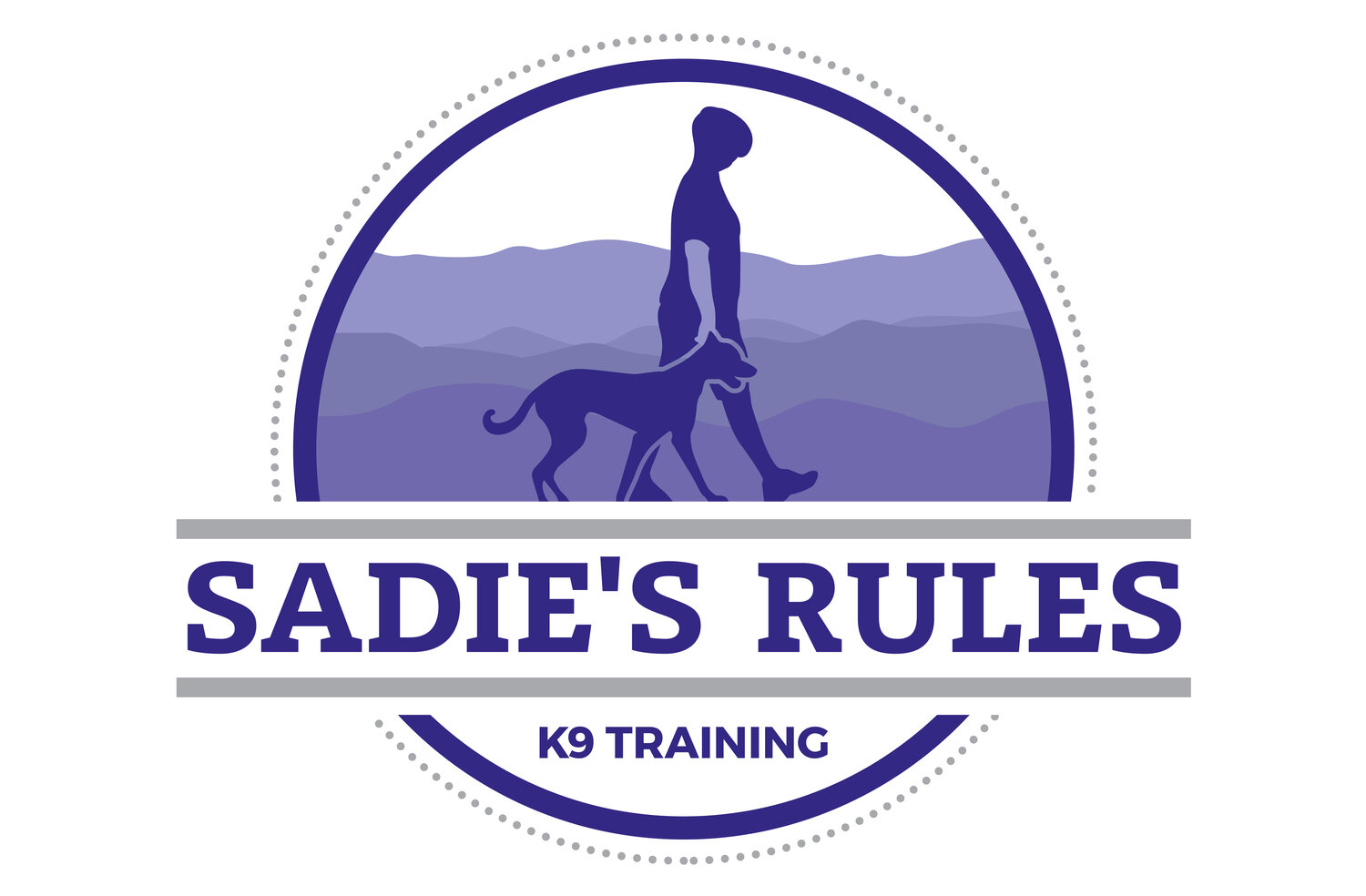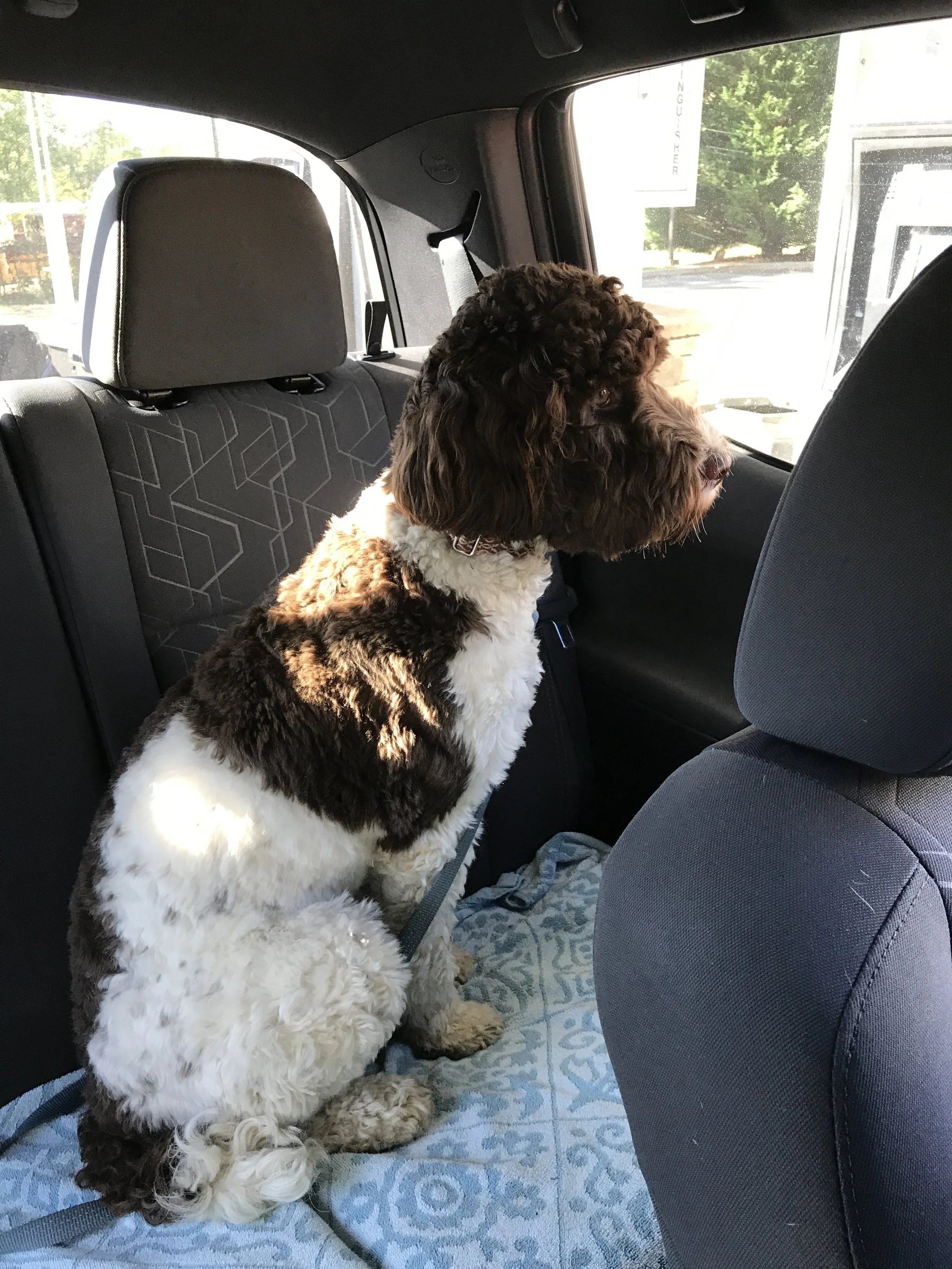If you follow me on Facebook or Instagram, you’ve noticed that we walk the dogs every day. There is the occasional day off due to weather, feeling under the weather, or just giving the dog a day of rest (those can be just as helpful for dogs as they are for humans!) but for the most part, every dog in our care is walked every day. When our trainees return home, we encourage our clients to keep up on this daily walking practice.
There are several reasons why daily walking is beneficial for your dog. Here are a few of the big ones:





